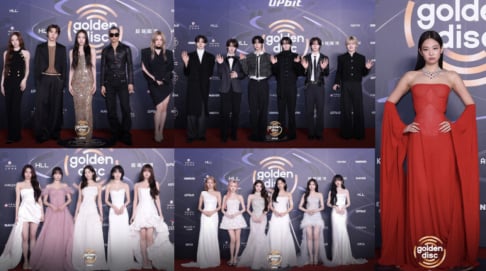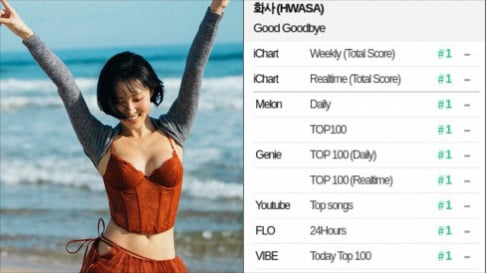
Several companies selling idol merchandise, including Weverse Company, YG Plus, SM Brand Marketing, and JYP 360, have been sanctioned by the Korea Fair Trade Commission (KFTC). These companies were found to have arbitrarily shortened the legally mandated refund period and imposed unreasonable refund restrictions based on whether the packaging was opened. They even refused refunds if items were missing unless customers provided a video recording of the unboxing process.
The KFTC announced that it imposed corrective orders and a total fine of 10.5 million KRW (approx. 7,740 USD) for Weverse Company, YG Plus, SM Brand Marketing, and JYP Three Sixty's violations of e-commerce laws. These companies operate the official online shopping malls for HYBE, YG, SM, and JYP, selling goods such as clothing and accessories featuring their affiliated idols.

According to the KFTC, the four companies, including Weverse Company, shortened the legally mandated refund period. Current e-commerce law states that customers can withdraw from a purchase within three months or within 30 days of discovering a defect in a product.
However, these companies reportedly informed customers that even defective products could only be refunded within seven days. Furthermore, they were found to refuse exchanges or refunds if any parts were missing unless the customer had a video recording of the unboxing process.

This practice effectively shifted the burden of proof for product defects onto the consumers, a behavior commonly referred to as "gapjil" (abuse of power) in Korea. While e-commerce law limits withdrawal rights only when products are damaged or used, it mandates that businesses bear the burden of proof, making these actions illegal.
The companies were found to have habitually restricted returns for custom-made products, claiming that the packaging had been damaged, even though these orders were essentially simple pre-orders. Notably, Weverse Company was also found to have engaged in unfair practices by exploiting fans' loyalty, such as not providing a specific delivery date for certain products, instead stating that they would be shipped sequentially within the next quarter from the date of purchase.

In response, the KFTC announced corrective orders and fined Weverse Company approximately 3 million KRW (approximately 2,210 USD), with the other three companies each receiving 2.5 million KRW (approximately 1,840 USD). However, the FTC appears to have reduced the fines because all four companies voluntarily corrected their illegal practices after the investigation began.
A representative from the KFTC stated, "We have detected and corrected illegal activities in the entertainment industry targeting teenage consumers, who are the primary demand group for idol merchandise but have relatively low awareness of their rights under e-commerce law."

The representative added, "We hope this action will enhance teenagers' understanding of their rights under e-commerce law and raise overall compliance awareness within the industry." They emphasized that the KFTC will continue to monitor areas closely related to teenagers and will impose strict penalties if similar violations occur again shortly.
This highlights the exploitation of teenagers' fan loyalty by idol merchandise sellers, and if similar actions are detected again, severe penalties such as business suspensions are expected.

 SHARE
SHARE









































